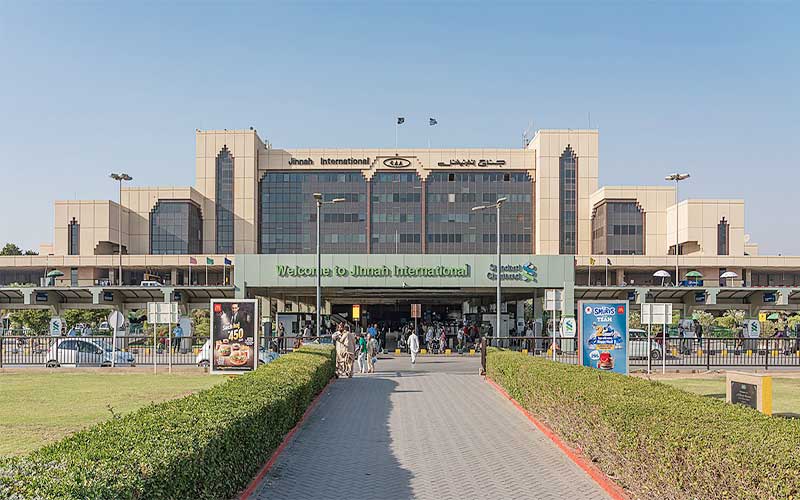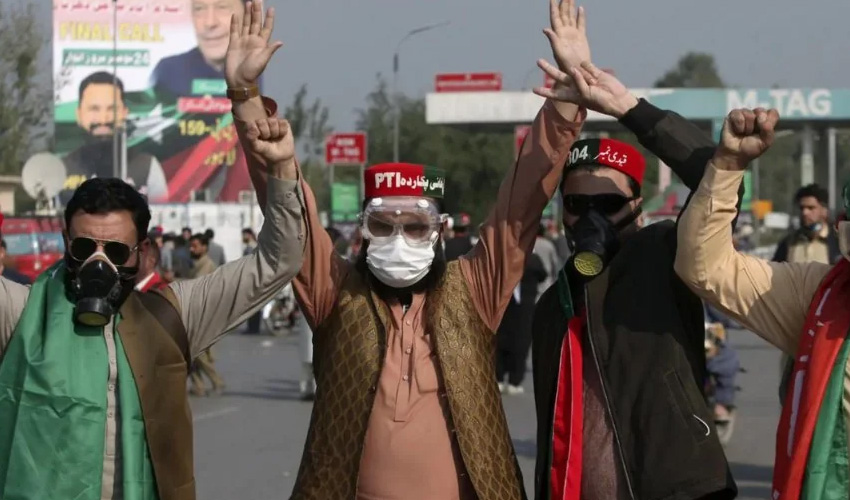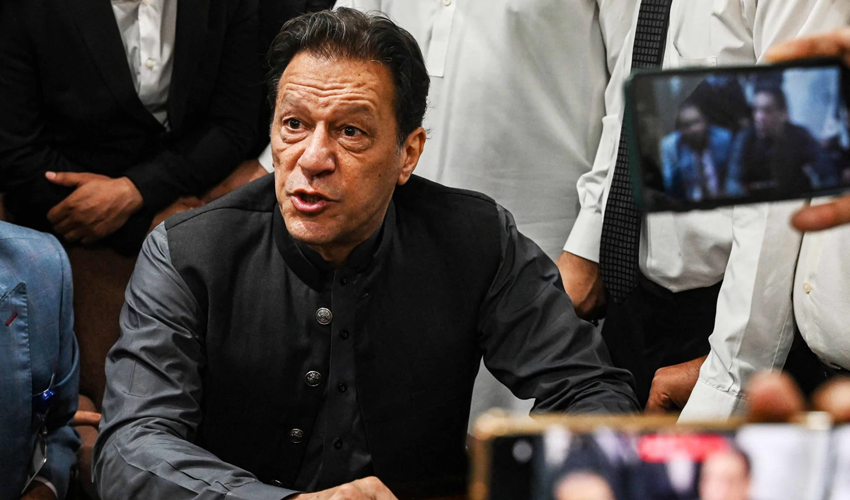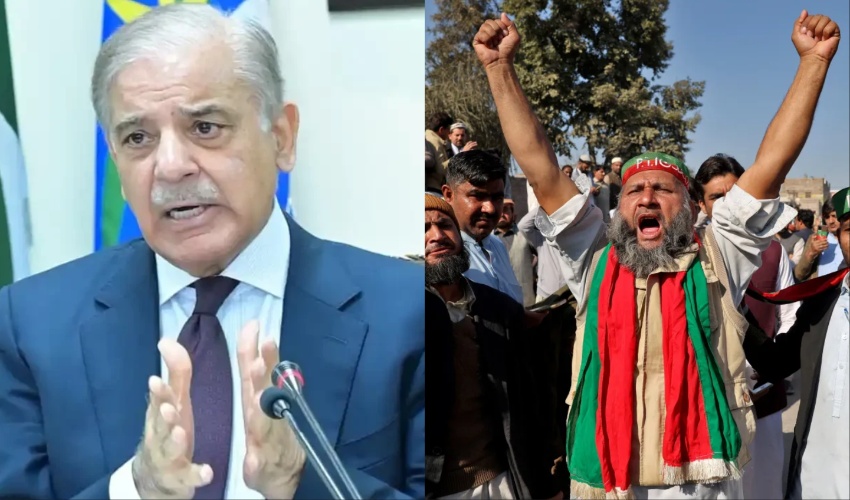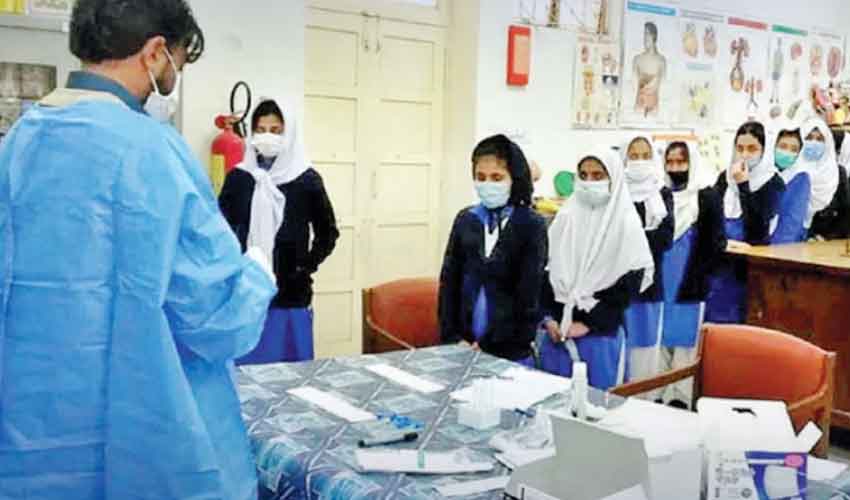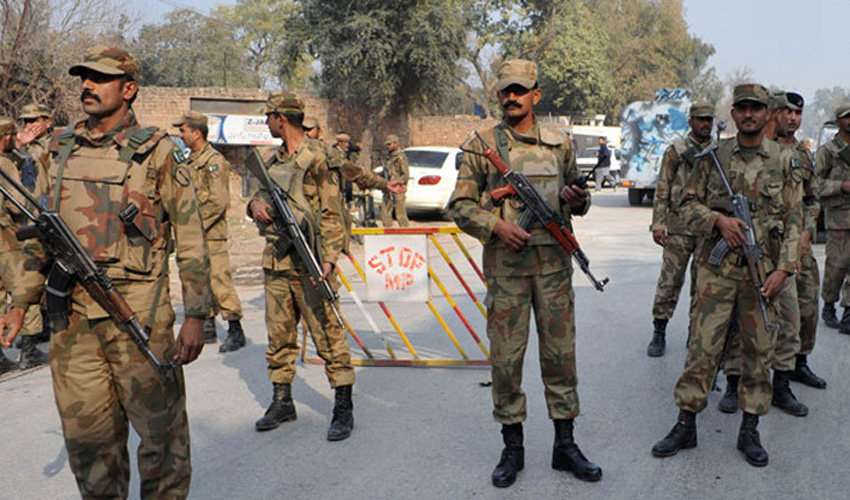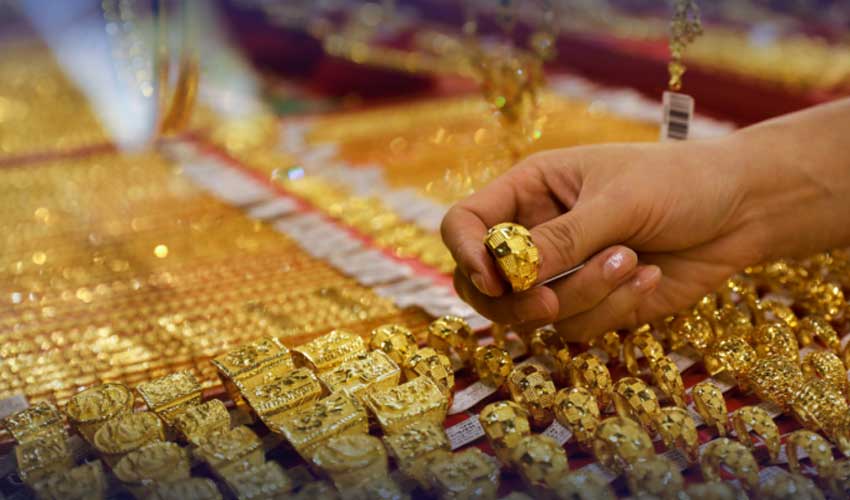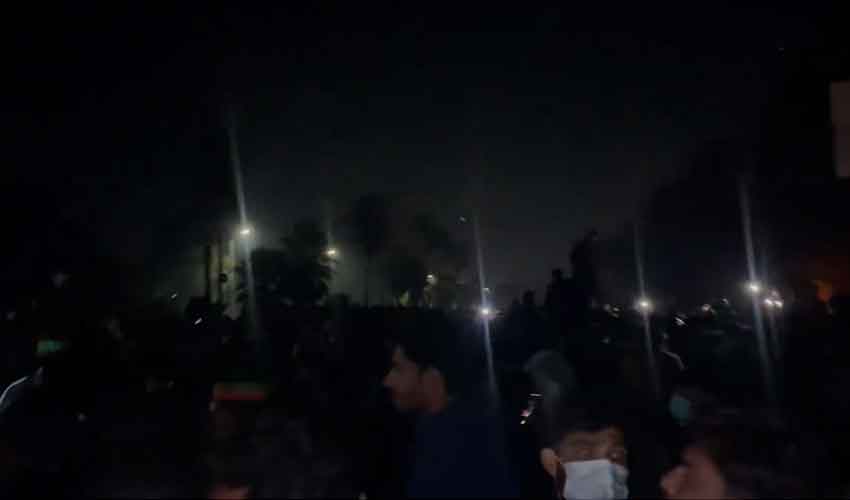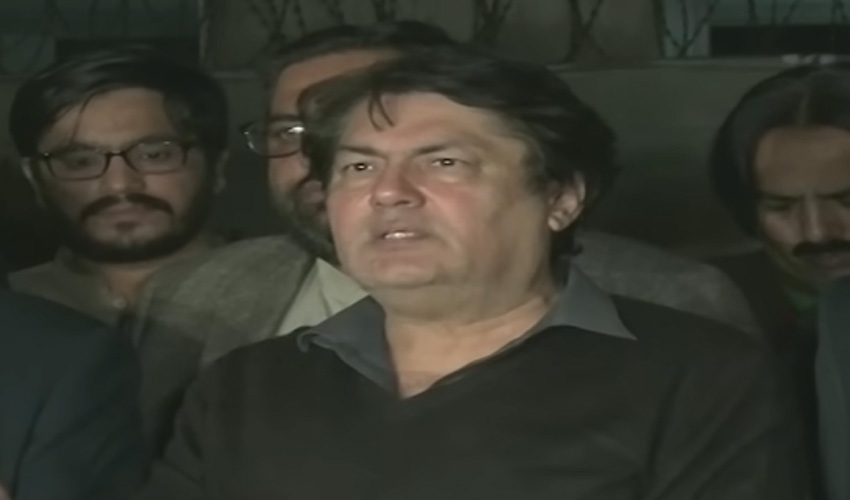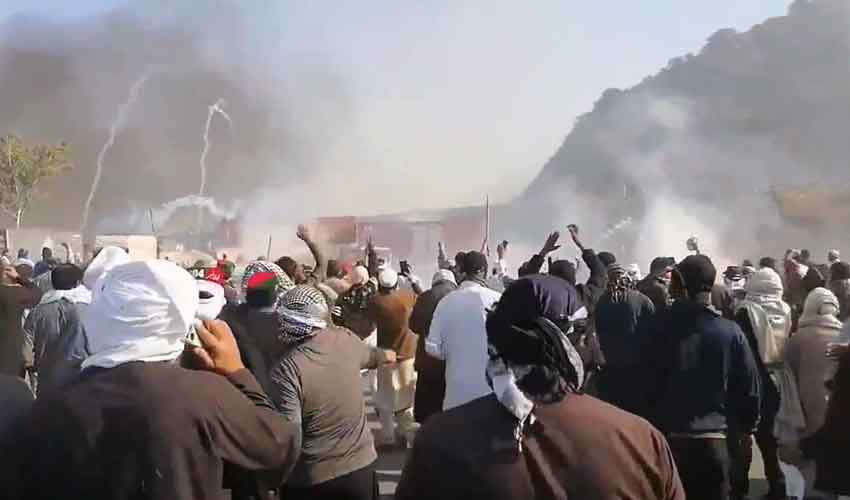As Pakistan braces for the upcoming general election on February 8, 2024, a disturbing trend of controversial and hateful content targeting religious minorities has emerged on social media platforms. At the centre of this controversy is a fatwa, a legal ruling by Islamic scholars, originating from Jamia Uloom Islamia in Karachi, known as Jamia Binori Town.
Fatwa's resurgence
The fatwa gained renewed attention on platforms like Facebook and X, stirring public discourse about the role of religious minorities in the electoral process.
The undated decree raises questions about the permissibility of voting for non-Muslim candidates.
"The public is seeking clarification on whether voting for a non-Muslim in this situation is permissible from the Islamic point of view, or if there is a third option."
In response, the fatwa stated, "The vote should be cast for a candidate with the necessary qualifications and abilities. Additionally, the candidate's party manifesto must be accurate, and there should be satisfaction that the candidate can take better steps for the people of their constituency, both in religious and secular terms. Since the non-Muslim candidate does not meet these standards, it is recommended to vote for a Muslim candidate."
Political implications
The resurgence of this fatwa has sparked concerns about the potential impact on minority candidates in the upcoming general elections.
The fatwa was initially issued by Jamia Uloom Islamia, a highly influential religious school in Karachi, raising questions about the intersection of religious teachings and political engagement.
Historical context
Investigations reveal that the fatwa was issued approximately five years ago, with an online copy available on the seminary's portal under the ID: 143909201460.
The discrepancy in the exact date of issuance underscores the complex nature of this religious decree. The online record indicates a publication date of July 19, 2018, preceding the 2018 polls when the PPP nominated Hari Ram Kishori Lal, a Hindu candidate, for a general seat.
As the fatwa gains traction on social media, there is a growing concern about its potential influence on public opinion and voting behaviour.










